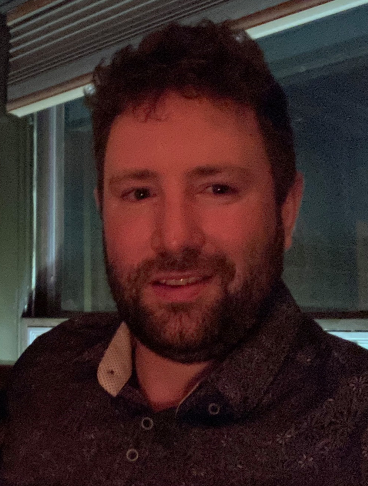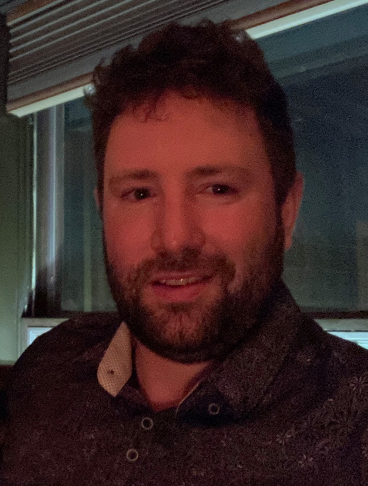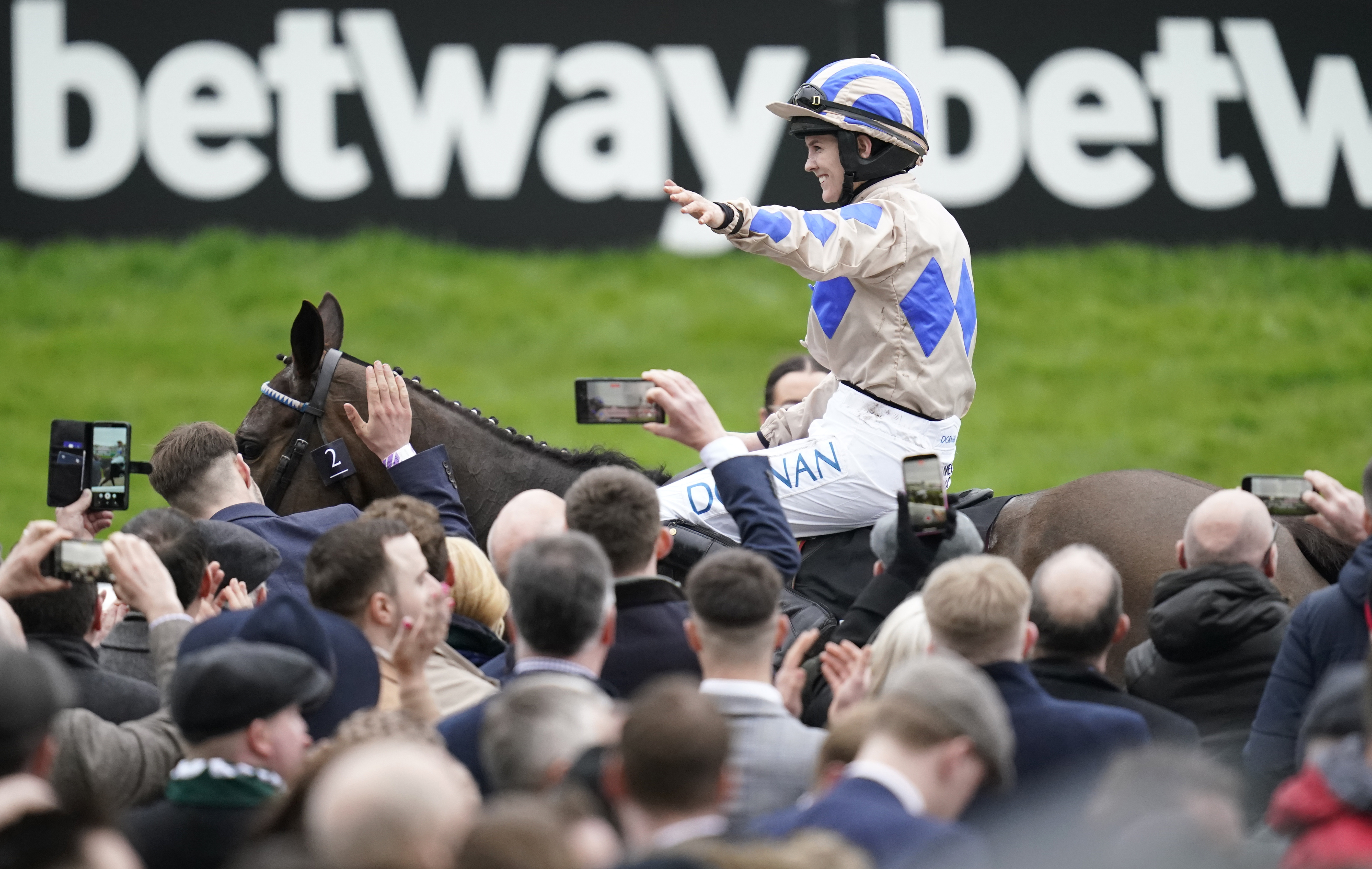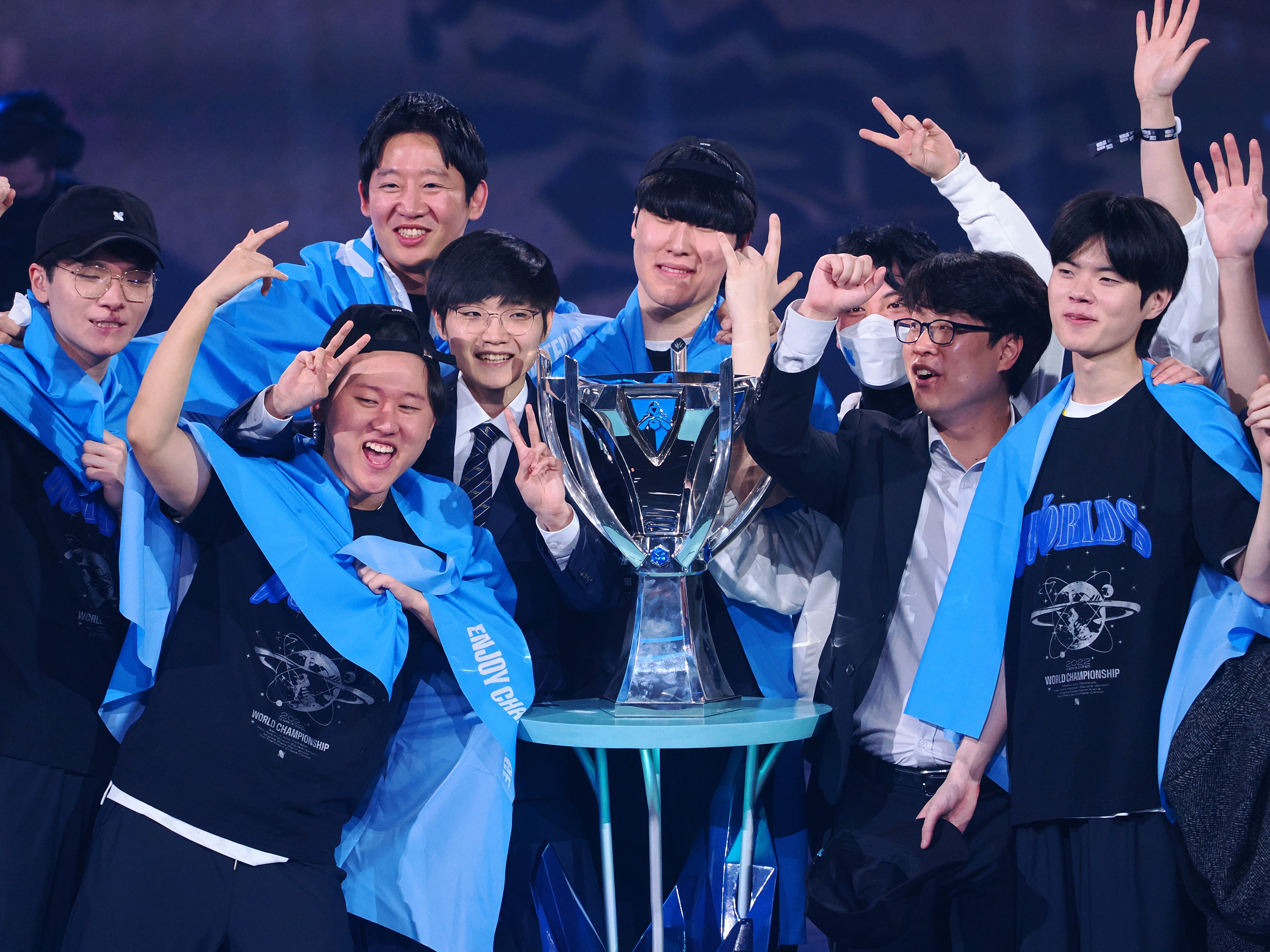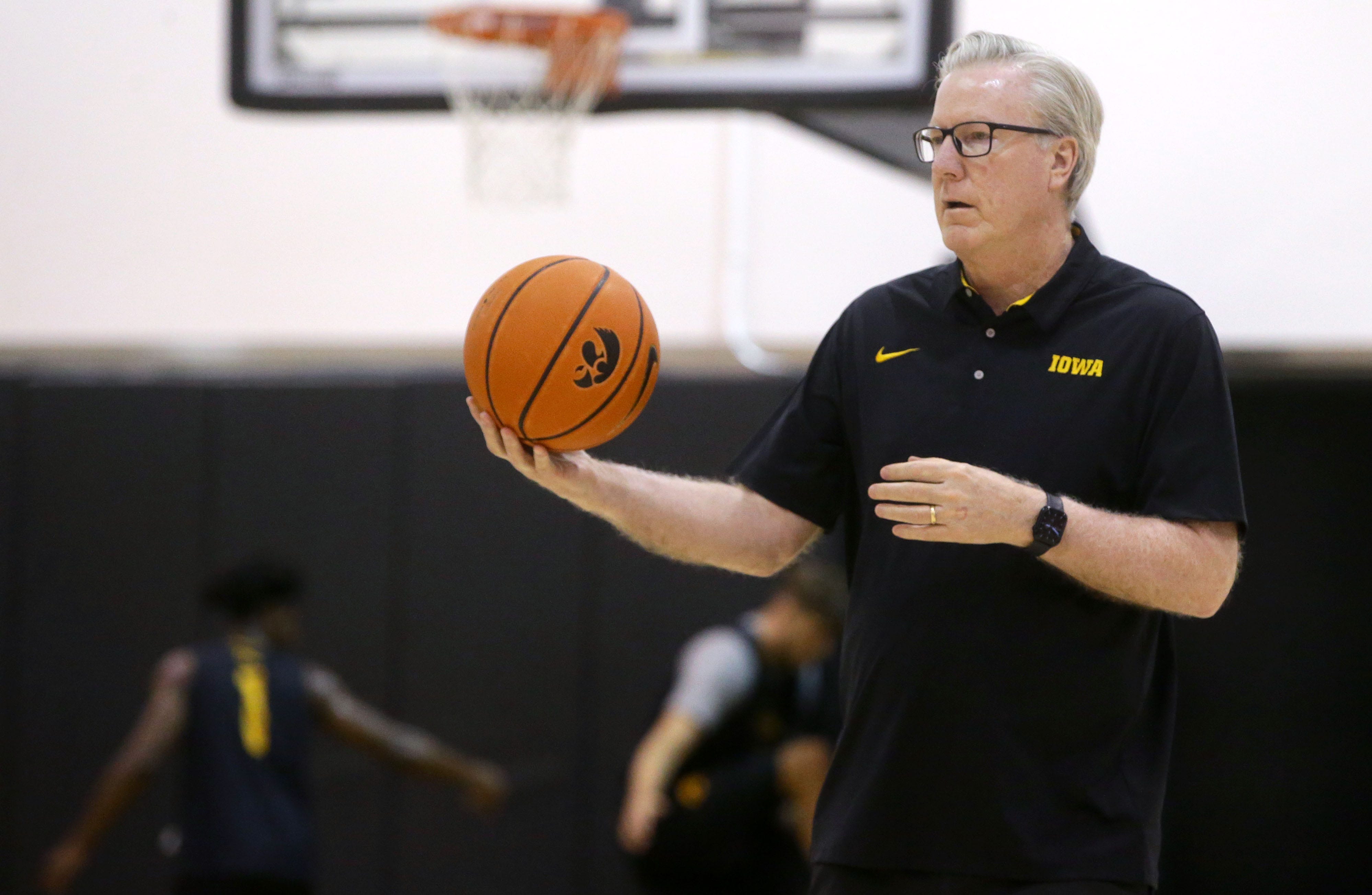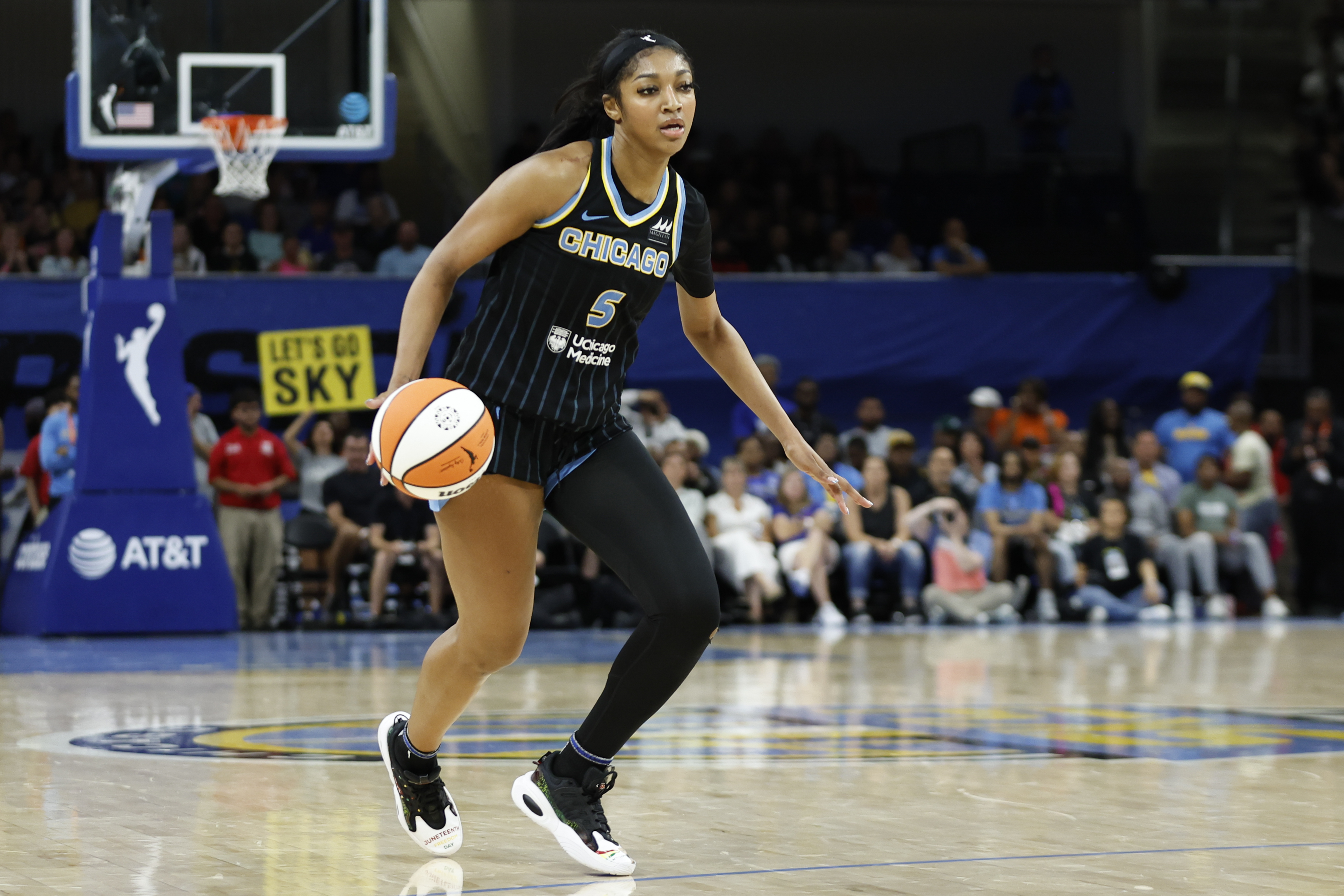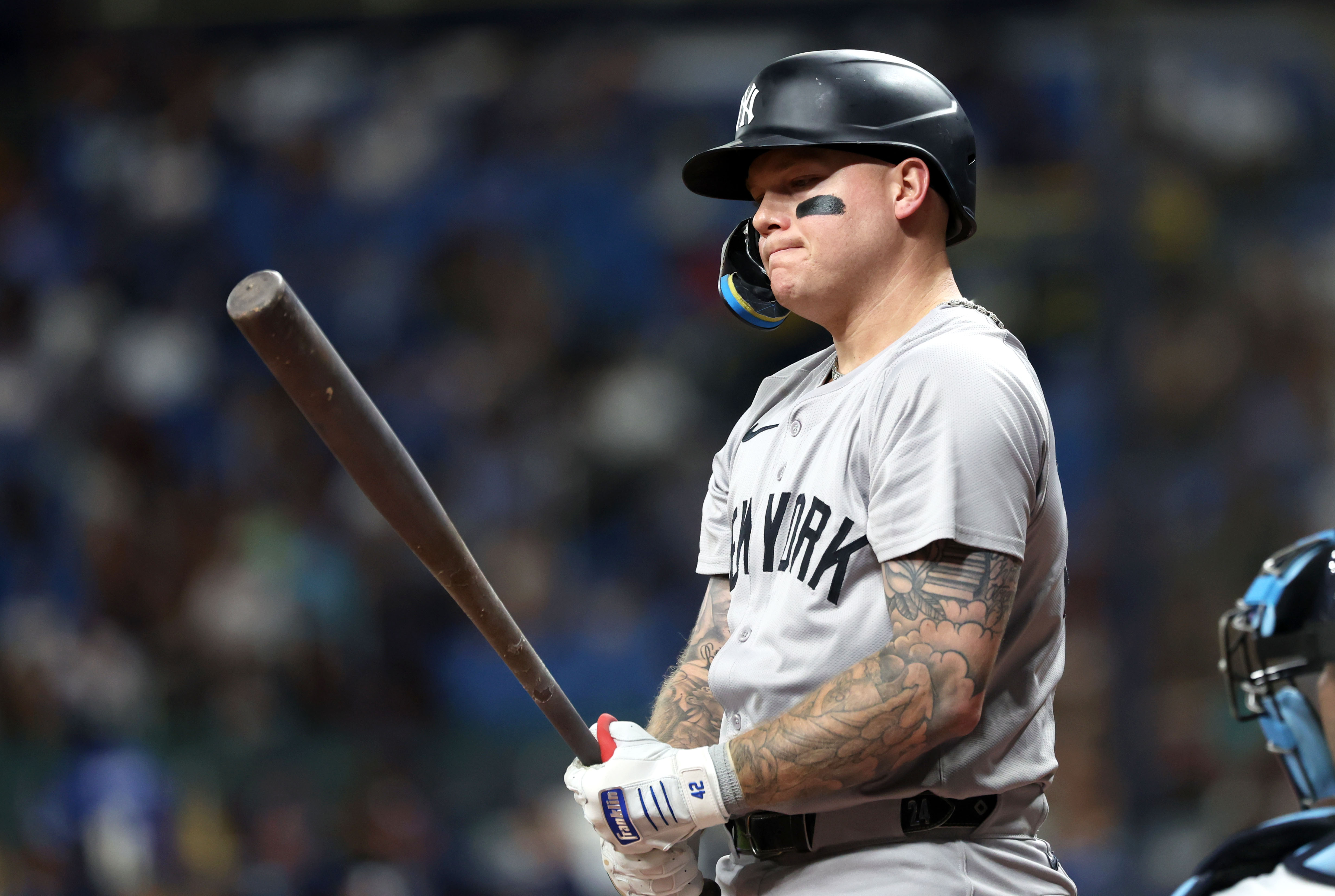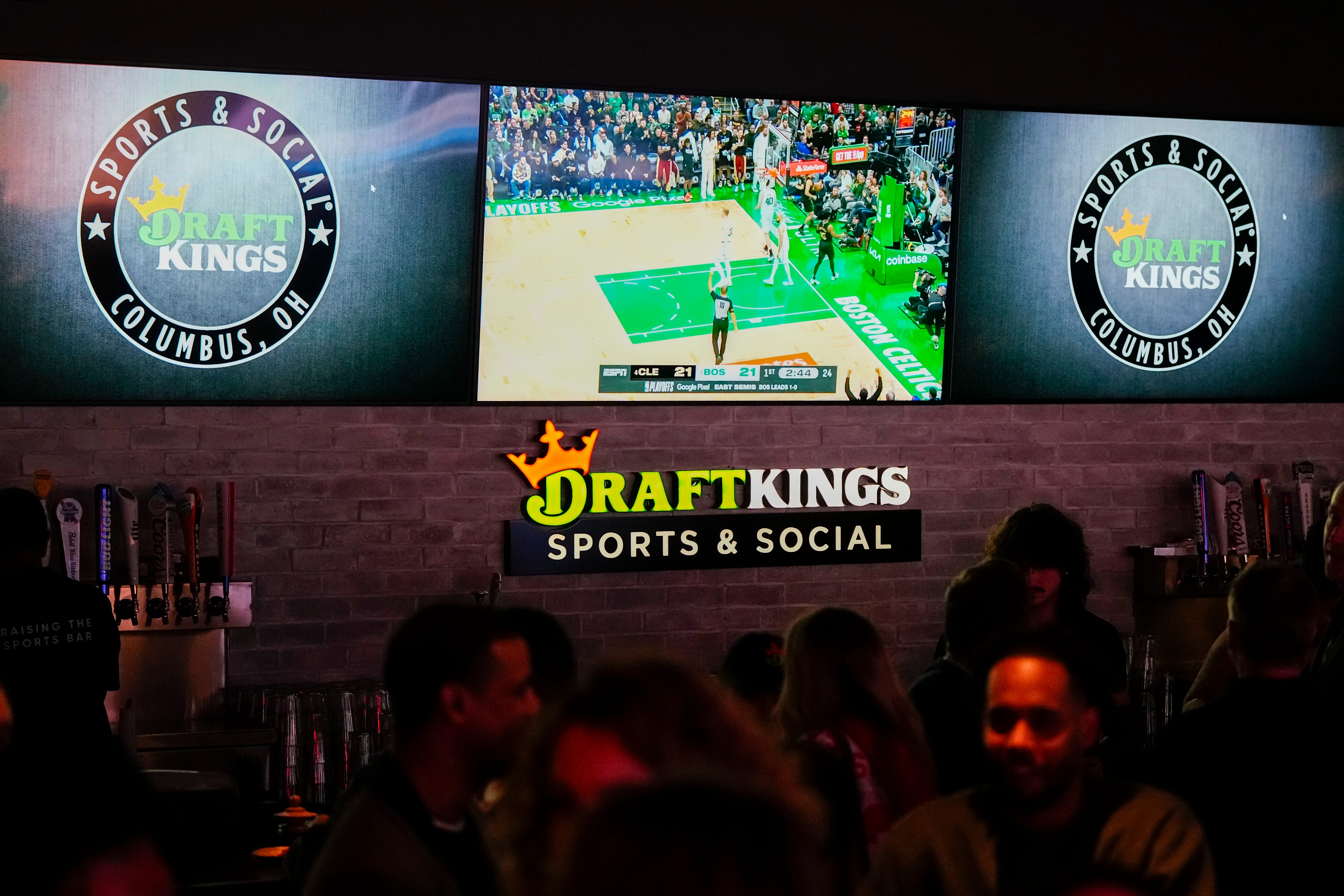Supreme Court to Hear Florida Legal Sports Betting Challenge in June

The Florida legal sports betting industry may soon see some clarity as the U.S. Supreme Court has agreed to consider the case of West Flagler and Associates, challenging current laws. A potentially game-changing discussion is set for June 13, with hopes of expanding access to top sports betting sites for residents.
The announcement made on Wednesday does not guarantee that the Court will hear the entire case; it simply indicates that the Court will consider whether to grant a writ of certiorari to review the case in full, or reject it altogether.
Exciting news for West Flagler as their efforts to challenge Florida’s current sports betting laws, which grant exclusive rights to the Seminole Tribe, are moving forward. They will soon know if they can join the limited legal sports betting market in Florida.
The issue at hand
Just like numerous states across the US, Florida grants tribes residing within its borders a dominant position in the legal gambling industry. The Seminole Tribe, specifically, wields significant control over gambling in Florida through its ownership and operation of the Hard Rock Bet sportsbook.
As per the 2021 compact agreement signed with Gov. Ron DeSantis, the Seminole tribe has secured the ability to operate legal mobile sports betting across Florida using a “hub-and-spoke” model. This arrangement allows them to host servers for the platform on their own lands.
The central issue of debate and legal scrutiny remains the “hub-and-spoke model”, with both state and federal challenges questioning whether it complies with the standards outlined in the Indian Gaming Regulatory Act. The focus is particularly on how gambling revenue is distributed within the framework of the hub-and-spoke model.
The issue at hand is the compact’s approval of gambling beyond tribal territories, which is currently under scrutiny. Many individuals in the state are eager to have greater access to top sports betting applications.
West Flagler and other critics of the Seminole monopoly pointed to a statement made by Supreme Court Justice Brett Kavanaugh in January. Justice Kavanaugh stated that if the compact allowed the Tribe to engage in off-reservation gaming activities, either directly or by deeming them as on-reservation, it would likely violate the Indian Gaming Regulatory Act (IGRA).
At least there will be a conclusion… maybe?
The ongoing conflict between the Seminoles and rival Florida groups vying for a share of the state’s legal sports betting market has been a protracted and seesawing affair, with outcomes fluctuating in favor of both parties over the years.
The June 13 hearing will bring about a decision on the matter, providing clarity on the standing of non-tribal groups seeking to enter the legal sports betting market in Florida.
The Supreme Court is likely to reject West Flagler’s efforts to bypass the Seminole monopoly, allowing the Tribe to retain full control over the state’s gambling industry. West Flagler and other opponents have explored numerous avenues, but have not been successful.
However, the conclusion of the battle does not definitively imply its end. West Flagler and other parties still have the option to appeal to the state Supreme Court in order to dispute the language of the compact between the state and the Seminole Tribe. It is worth noting that the state Supreme Court has previously dismissed a similar attempt to restrict the authority of the Tribal Compact.
FanDuel, DraftKings, and other major players in the U.S. legal sports betting industry are all rooting for West Flagler to successfully challenge the powers of the Seminole Tribe.
If the West Flagler challenge proves to be successful, it is highly likely that the ongoing battle will be prolonged until at least 2025, without a definitive resolution. However, the importance of the June 13 hearing cannot be understated.
